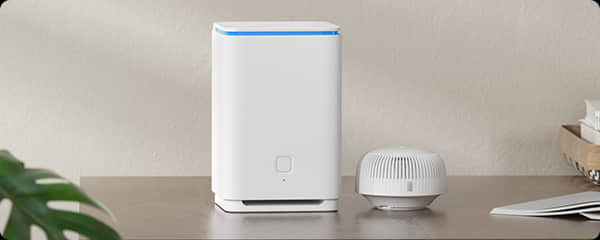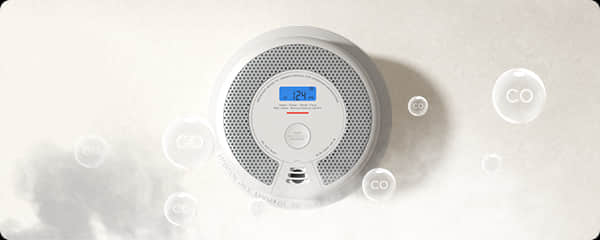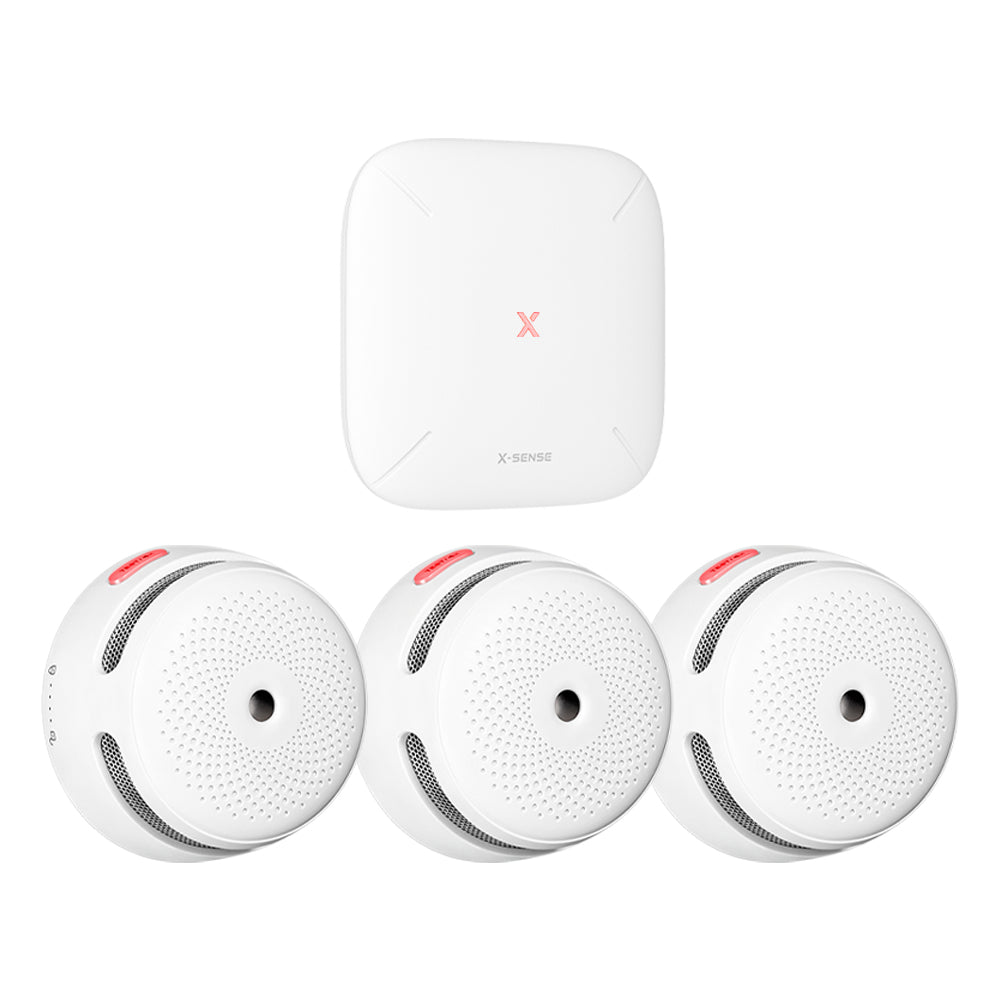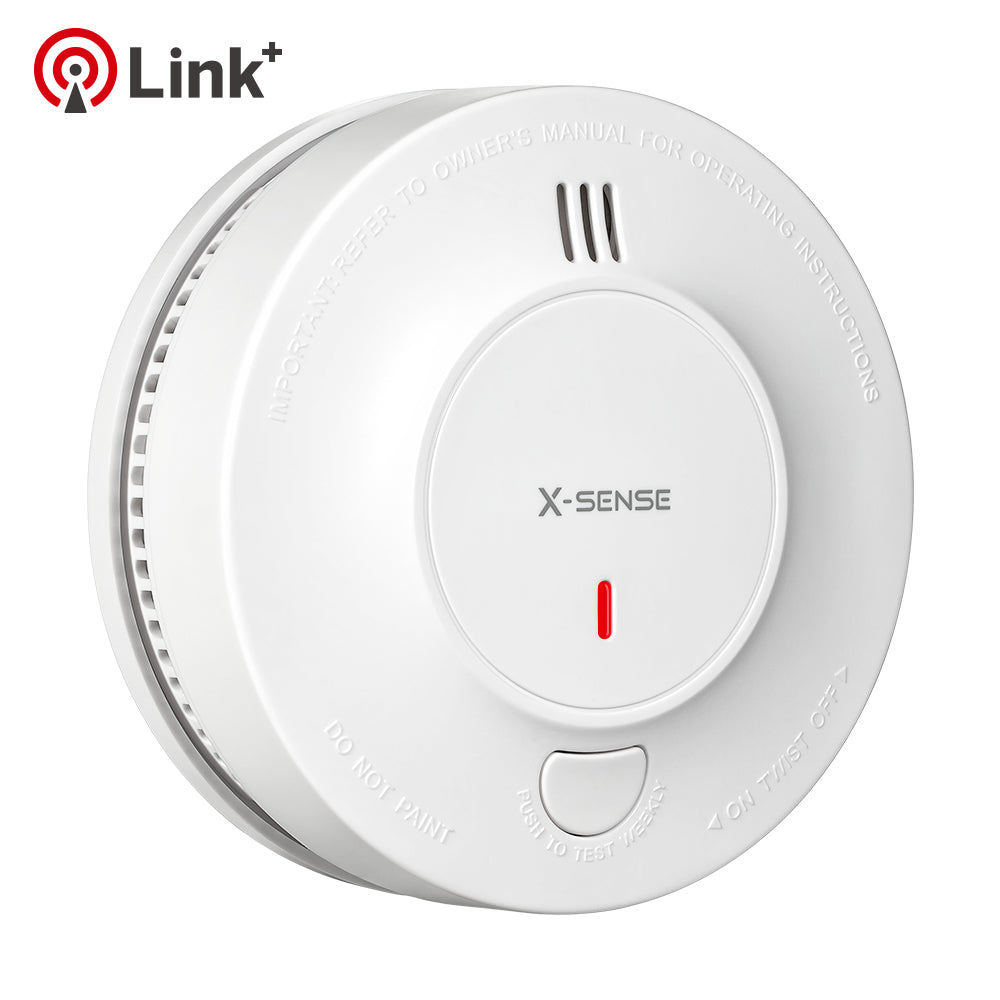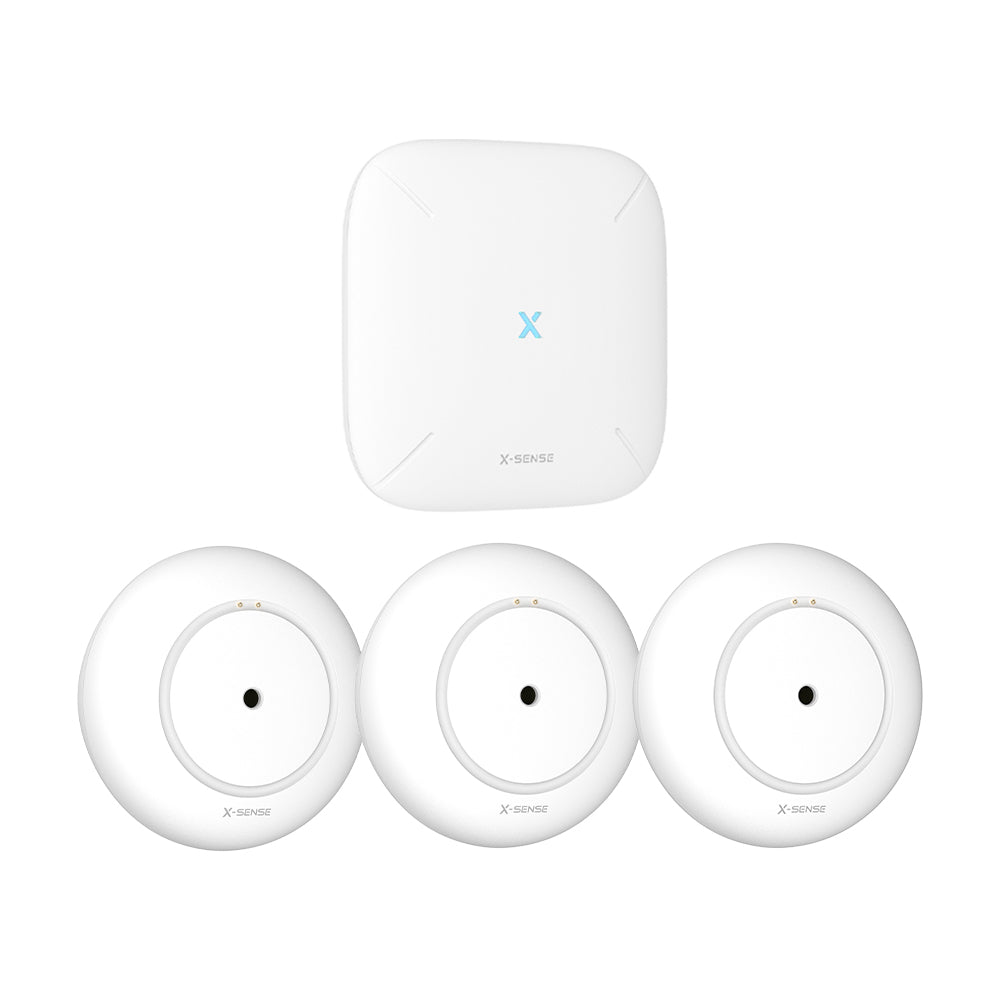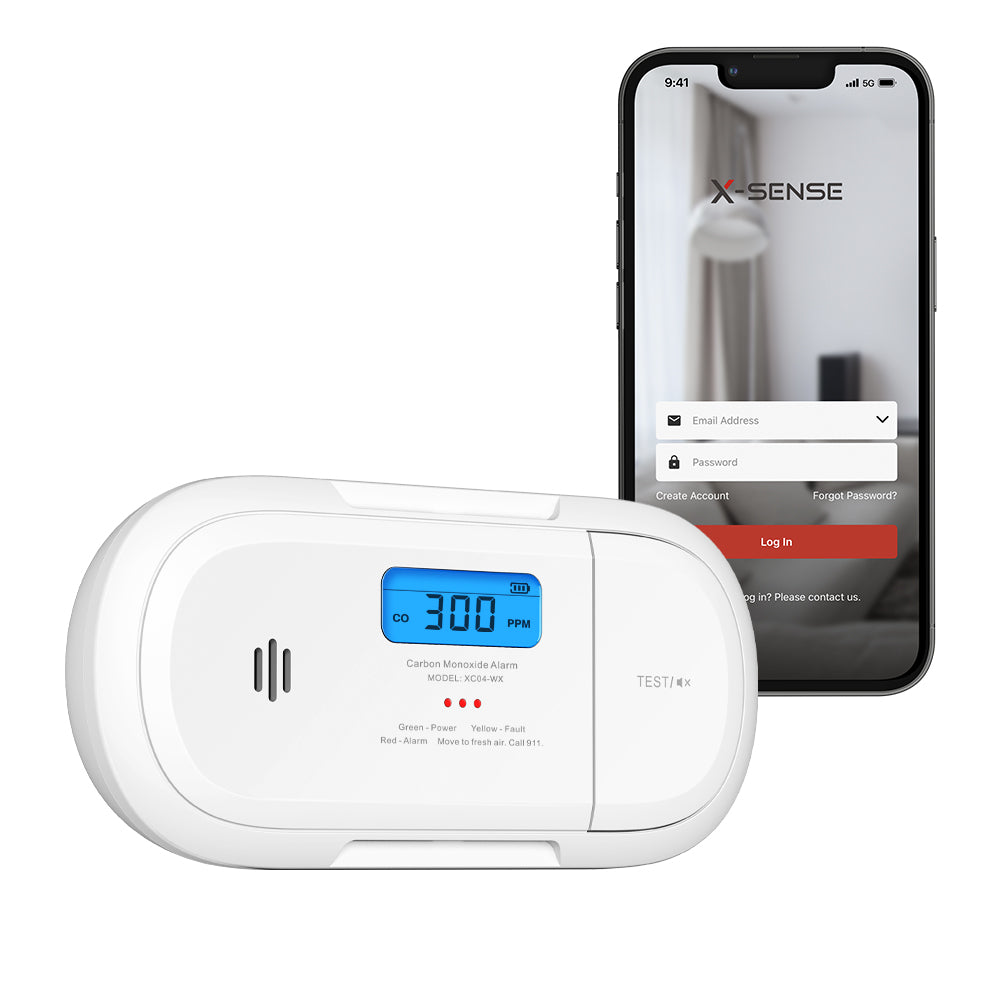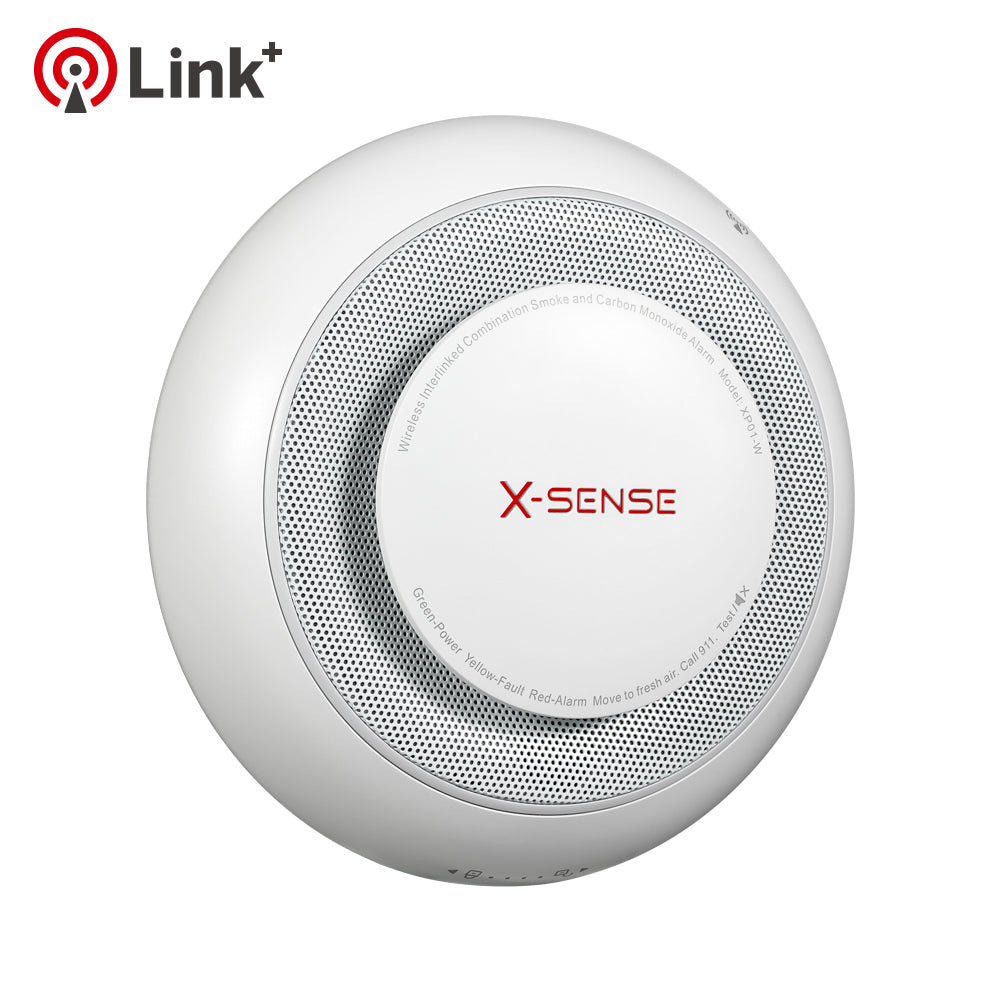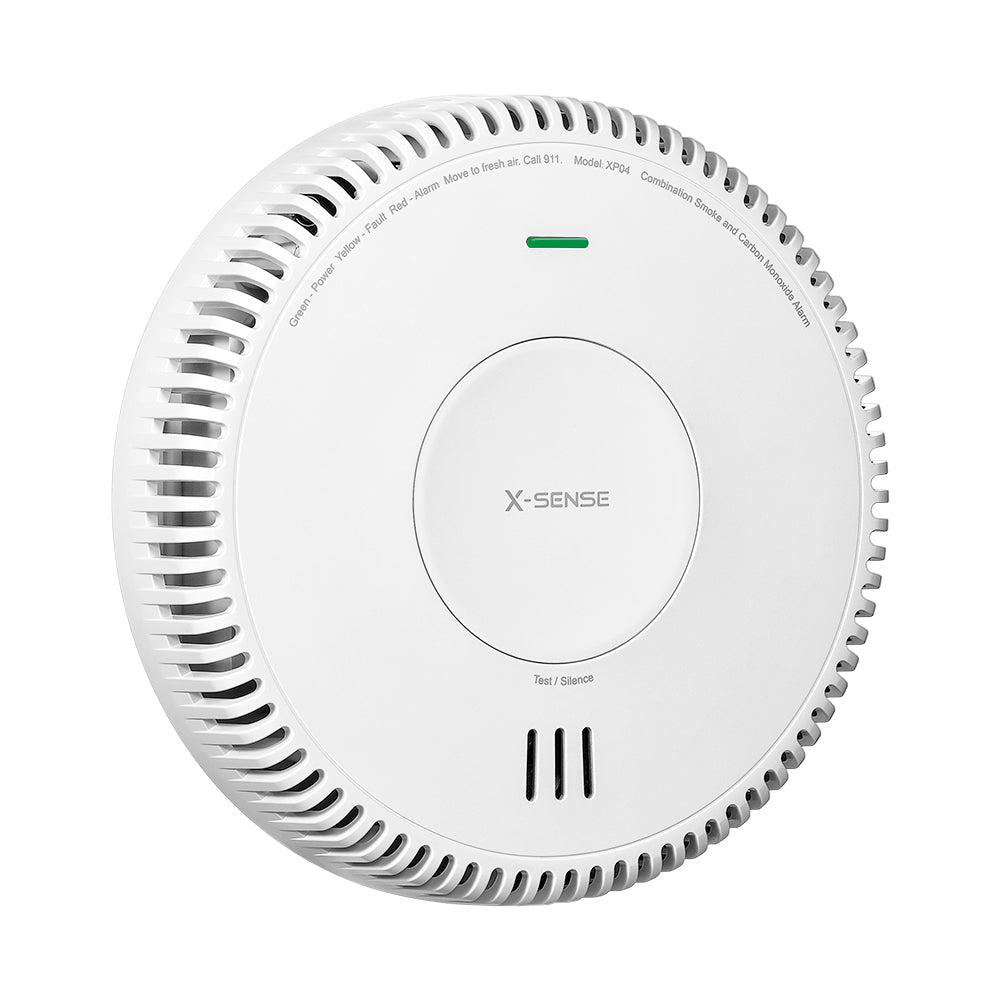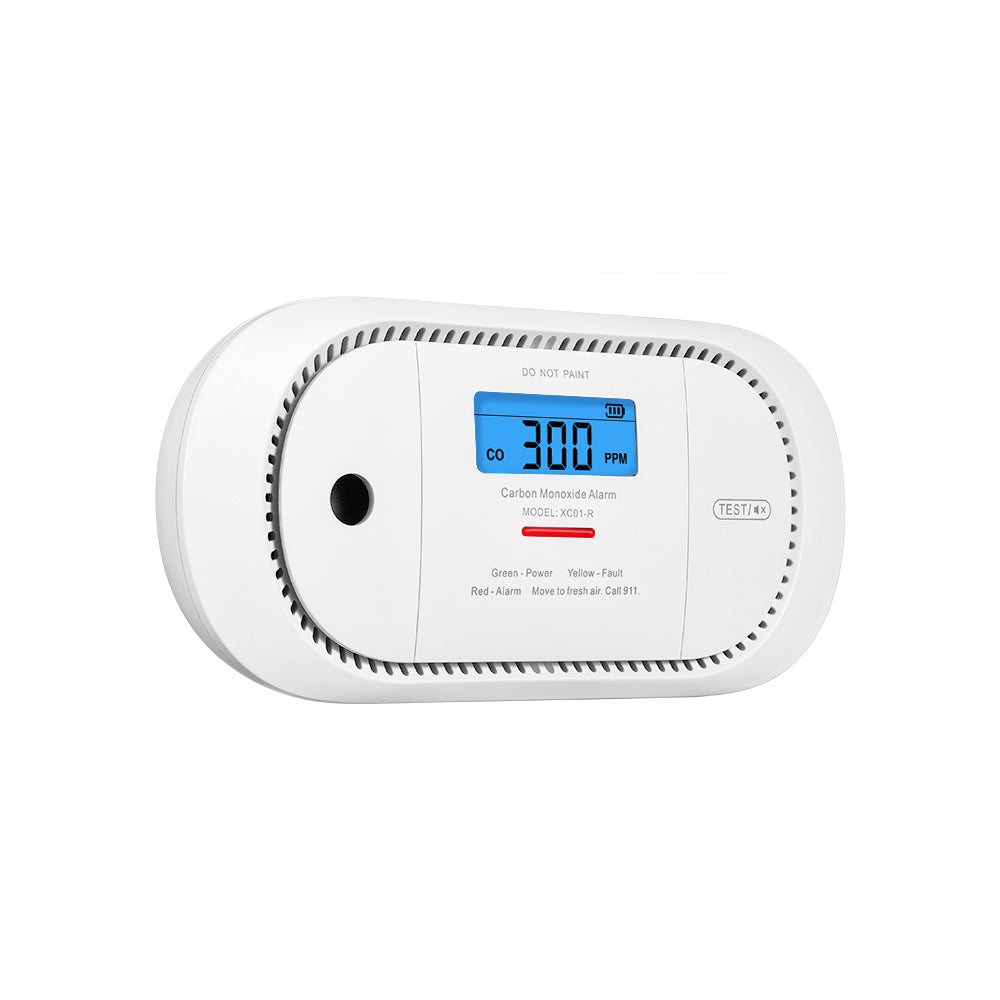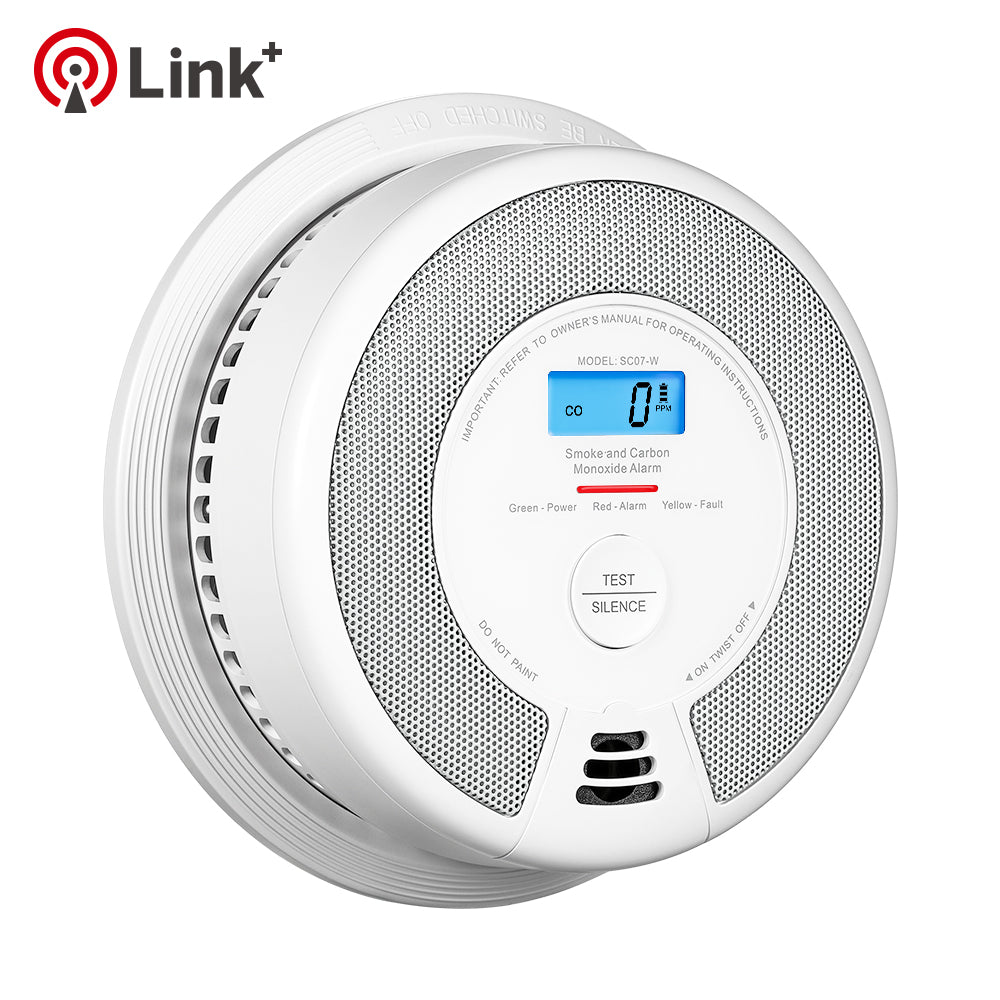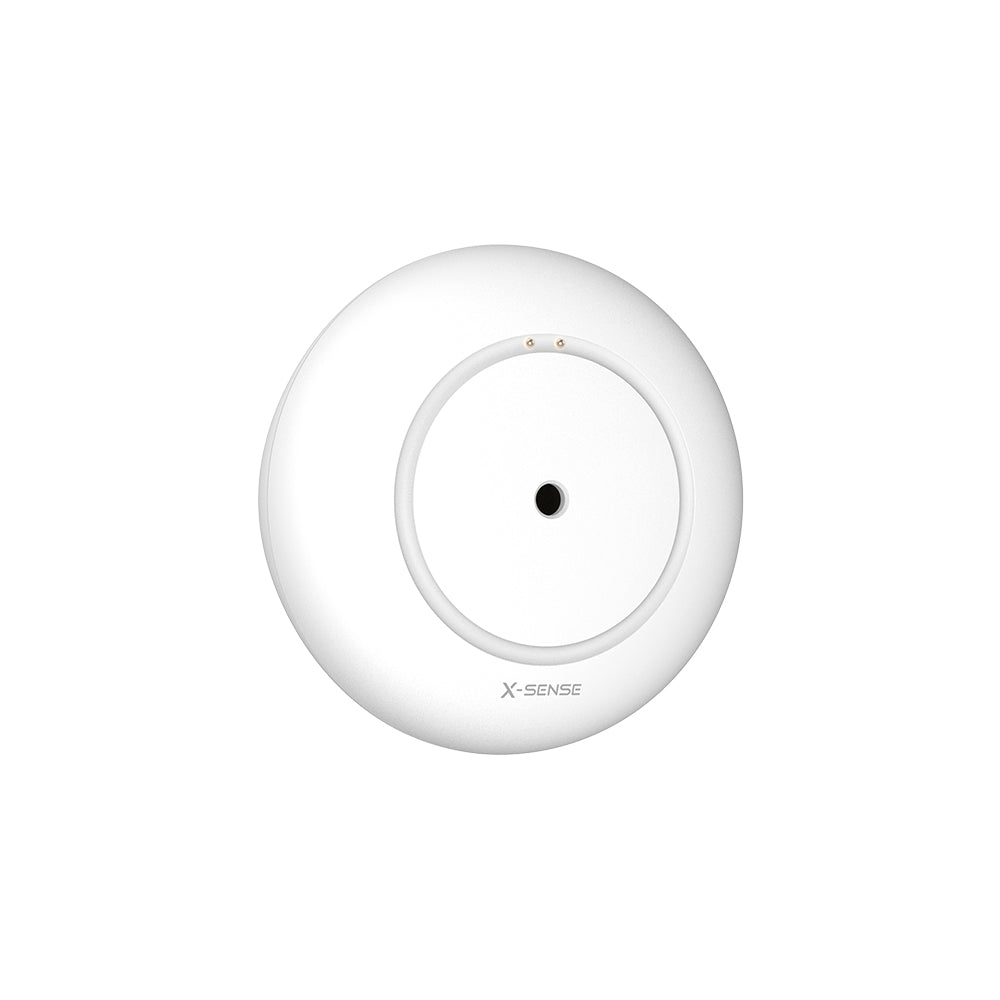Things You Need to Know About Heat Detector
Tue, Feb 14, 2023
What is a heat detector?
Simply put, a heat detector or heat alarm is a device used to detect any significant increase in temperature that might indicate an imminent fire.
If a fire breaks out in the vicinity of the alarm, the convective heat energy of the flame increases the temperature of the thermal element in the heat detector. Once this happens, the element triggers an alarm, which then sounds to alert anyone within hearing range of the device.
How do heat detectors work?
There are two types of heat detectors that, although they operate differently, provide essentially the same results.
Electro-pneumatic heat detectors contain a diaphragm that moves when pressure changes due to changes in ambient temperature. When the diaphragm moves, a circuit is completed, which triggers the alarm.
Rate of Rise - or ROR - heat detectors use two thermally sensitive thermocouples. One of the thermocouples monitors convective or radiative heat transfer, and the other measures the background temperature of the room. When the gap between the two appears, the alarm will go off, which indicates that a fire is about to break out.
Heat detector location
The location of your heat detectors is critical to safeguarding your building. While it's best to mount a heat detector in the center of the room's ceiling, you can also mount it on the wall about 1.6 ft (50 cm) below ceiling height.
Heat detectors are great for use where smoke alarms aren't suitable - for example, in rooms with high levels of smoke and dust, such as garages or attics. It's also a good idea to use heat detectors where chemicals or highly flammable substances are stored.
The advantages of heat detectors are:
Less prone to false positives. Smoke detectors are prone to false alarms, while heat detectors are hard to fool. Heat detectors are dependent on the actual temperature of the room, and if the temperature of the room does not rise, the alarm will not be activated.
Protect attics and basements. Smoke detectors can be difficult to protect attics and basements due to dust and other particles in the air. Thermal sensors, on the other hand, can easily protect their area without losing efficiency. They remain effective in different rooms and situations.
For ceiling sprinklers. Heat detectors are the first choice for triggering building ceiling sprinklers. The last thing a business wants is a false alarm that triggers an automatic sprinkler. However, in the event of a fire, ceiling sprinklers can save a building. Because heat detectors are so effective and hard to fool, they're the perfect choice for the job.
The key to using heat detectors is knowing where to use them. They are not the best choice for bedrooms or everyday firefighting. Heat detection is best used in areas where smoke detectors cannot detect accurately, such as garages, sheds, barns, attics, and basements. Smoke detection is most effective in open areas, bedrooms, kitchens, living rooms and dining rooms.
How long do heat detectors work?
Heat detectors can be wired or wireless. Most home security experts recommend that homeowners use wireless, battery-operated heat detectors. Using a battery ensures that the temperature detector will continue to work even if the power to your home is cut. Wired alarms can present challenges during community power outages. The battery used to power the thermal sensor is very reliable and is said to last up to 10 years without failure. However, to be on the safe side, heat detector batteries should be replaced every 5 years.
About once a year, homeowners should test a temperature probe to make sure the device is still working. Most heat detectors have a small test button on the device. When the button is pressed, the device emits several short beeps, similar to a fire detector. By testing the thermal sensor, you can ensure that the thermal detection function of the device is working properly.
The detector itself should last a decade without any issues. Heat detectors use very little energy to work. Heat detection can work actively for years without requiring any additional energy. However, if you experience complications or problems testing your thermal sensor, it may be best to replace the device.
Can heat detectors protect your home?
Heat detectors are very capable of protecting your home. Combined with smart smoke detectors, heat detectors can provide comprehensive fire protection for a home. Smoke detectors protect your home from low-energy fires, and heat detectors protect your home from high-energy fires. High-energy fires produce very little smoke and move quickly. They heat up quickly and have a high flame. Of course, they still emit a small amount of smoke, so fire alarms will still be able to alert family members. Having a heat detector just adds an extra layer of protection.
Due to recent innovations in fire alarm technology, some fire alarms offer combination sensors. Combination sensors use smoke detection and heat detection to keep your home safe from all fires.
